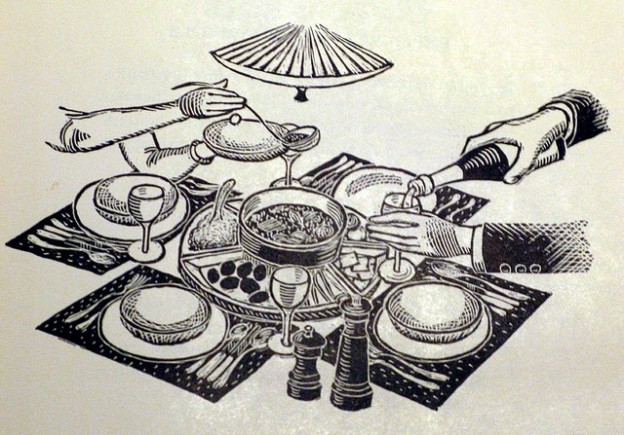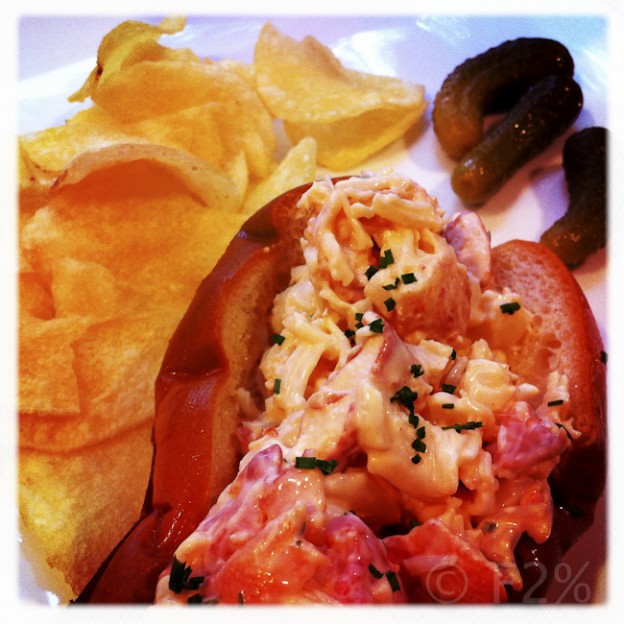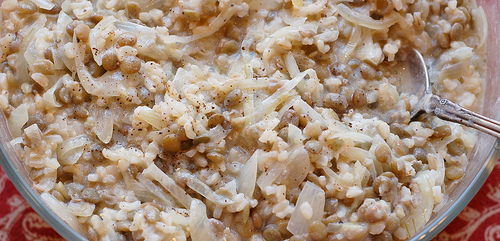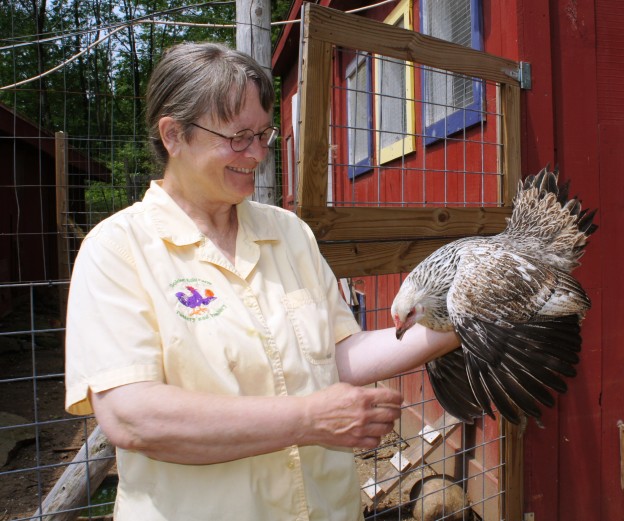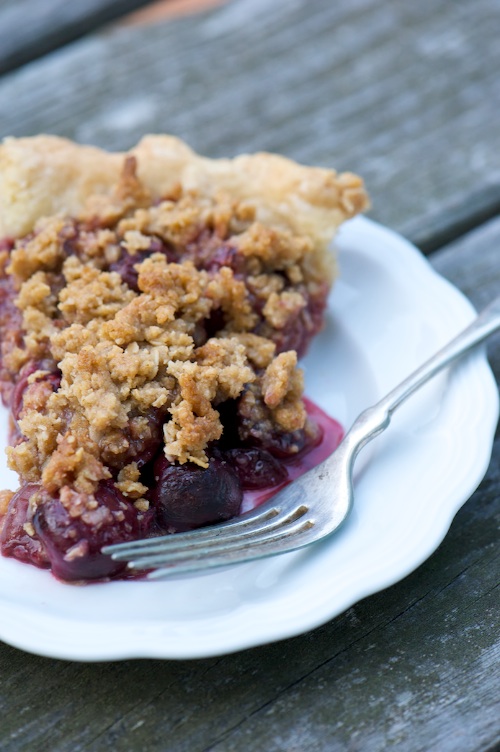Civil discourse and roasted chicken wouldn’t seem to go together at first blush. Nor would a conversation about ethics and, say, a summer salad. Yet the connection is more direct than you think.
The critical issue here is not the food itself, but the sharing of meals and conversation in community, specifically at the dinner hour.
PRK has featured in previous posts the writings of Dr. Anne Fishel, an Associate Clinical Professor of Psychology at Harvard Medical School and Director of the Family and Couples Therapy Program at Mass General Hospital (Roll Reversal and Family Dinners).
Today, however, we delve into the newest initiative Anne’s involved with, The Family Dinner Project. It’s team-led, based here in Boston, and it aims to support individual families and communities in making mealtime more meaningful. Not perfect, mind you. But certainly more fun, more frequent, more nutritious and therefore more effective in promoting wellness — mental, emotional and physical.
Important social norms (e.g., civil discourse) are learned at the table. And the health benefits of communal meals are unequivocal, statistically proven.
Anne speaks with us, below, about the ways in which The Family Dinner Project helps make family diners more do-able and rewarding.
How would you describe The Family Dinner Project to people unfamiliar with it?
The Family Dinner Project is a start-up grassroots effort to promote great eating, meaningful conversation and fun. Families of all types can come together in person and online to share their experiences and insights, helping each other realize the benefits of family dinners.
The Family Dinner Project website, which will continue to expand, has many resources –- a family blog, easy, nutritious recipes, fun activities and interesting conversation topics. There are also tips for engaging kids of different ages in meaningful conversation and for overcoming obstacles such as conflicting schedules and picky eaters.
Our team is ready to help families, organizations and communities of all types join The Family Dinner Project. Continue reading

